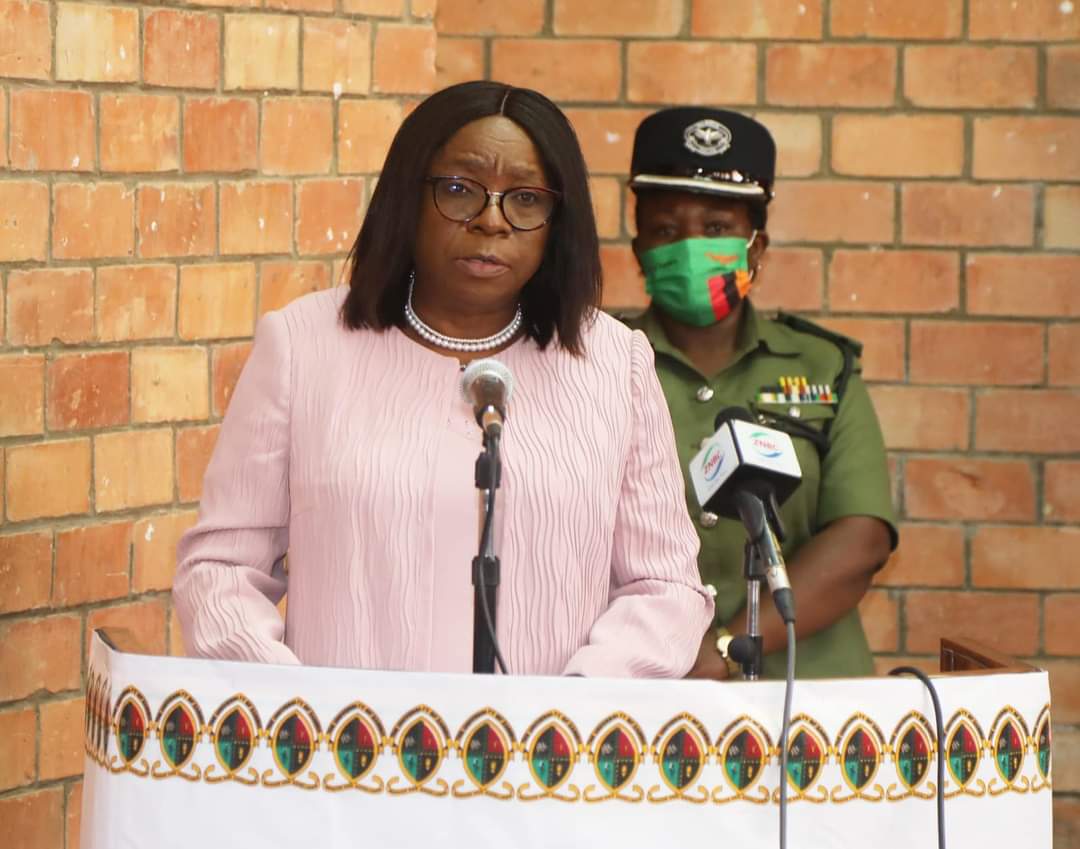THE Government has launched three policy documents aimed at ensuring effective and efficient service delivery through utilisation of digital technologies.
Vice-President W.K Mutale-Nalumango launched the 2023-2026 National Electronic (e) Government Plan (NeGP), Service Delivery Charter for the Electronic (e) Government Division and its Strategic Plan in Lusaka yesterday.
One of the objectives of the NeGP was to improve digital infrastructure development, administration and management in the public sector and the outcome to have a connected Government for improved public service delivery.
The purposes of the Service Charter included explaining how the public could lodge complaints and make suggestions about the e-Government Division’s service delivery.
Through the Strategic Plan, the e-Government Division wanted to promote the mainstreaming of Information Communication Technology (ICT) standards in public institutions, improve ICT infrastructure and enhance the digitalisation of public services, among others.
Speaking virtually at the launch, Ms Mutale-Nalumango said the Government had fully embraced digital transformation to make it easier to access public services.
“Digitalisation is the new norm across the globe. As a country, we have a mammoth challenge before us. We need to ensure that we grow in this space and move in tandem with advancements in the fast-paced global digital economy.
“It is for this reason that the Government has prioritised its intentions of becoming a digital economy and we have enshrined this agenda in the Eighth National Development Plan (8NDP),” Ms Nalumango said.
She said access to digital infrastructure remained limited in Government institutions, which was amplified especially in rural areas.
Ms Mutale-Nalumango said by December 2022, only 263 sites in public bodies were connected to the Government’s Wide Area Network against an estimated total of 15,600 sites.
She said further that by the end of 2021, the Telecommunication Infrastructure Index stood at only 34 per cent.
She said there was a need to accelerate efforts to increase investment in ICT infrastructure development in unserviced and underserviced areas that would enhance uptake of digital services by citizens and the public bodies.
Ms Nalumango, however, said the Government recognised that there were many challenges that needed to be overcome to achieve its digitalisation objectives, citing limited access to the internet, lack of smart phones and other devices, lack of digital skills and cyber-attacks and lack of electricity, among others.
She said there was a need to strengthen synergies among all players in the sector like the private sector for those challenges to be addressed.
The Vice-President also implored all ICT heads in Government ministries and provinces to ensure the implementation of the NeGP by managing ICT resources pertaining to their institutions, including the budget planning process.
Smart Zambia Institute national coordinator Percy Chinyama was hopeful that such initiatives would improve service delivery by, among other things, ensuring that members of the public were not moving long distances and with cash to pay for Government services.








